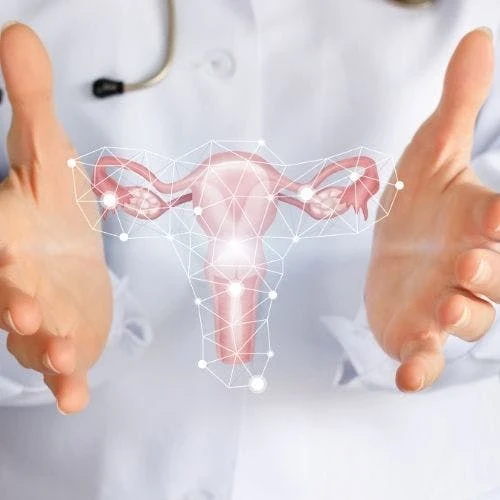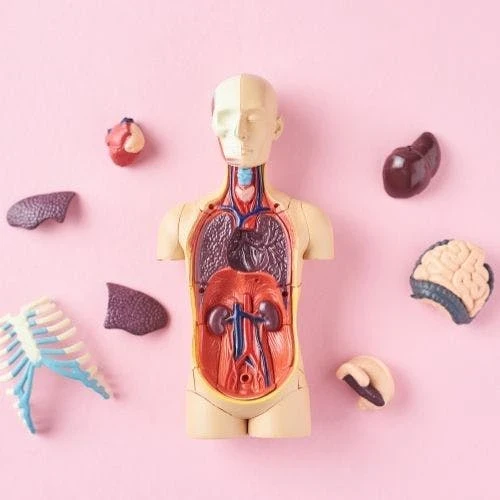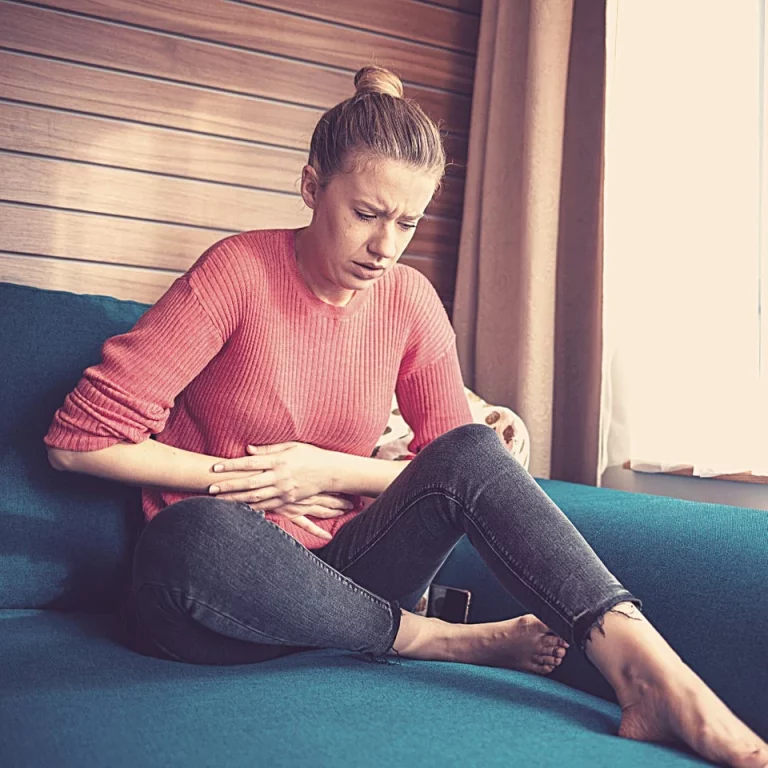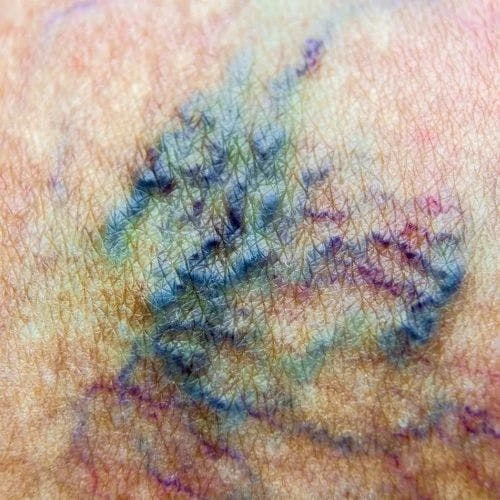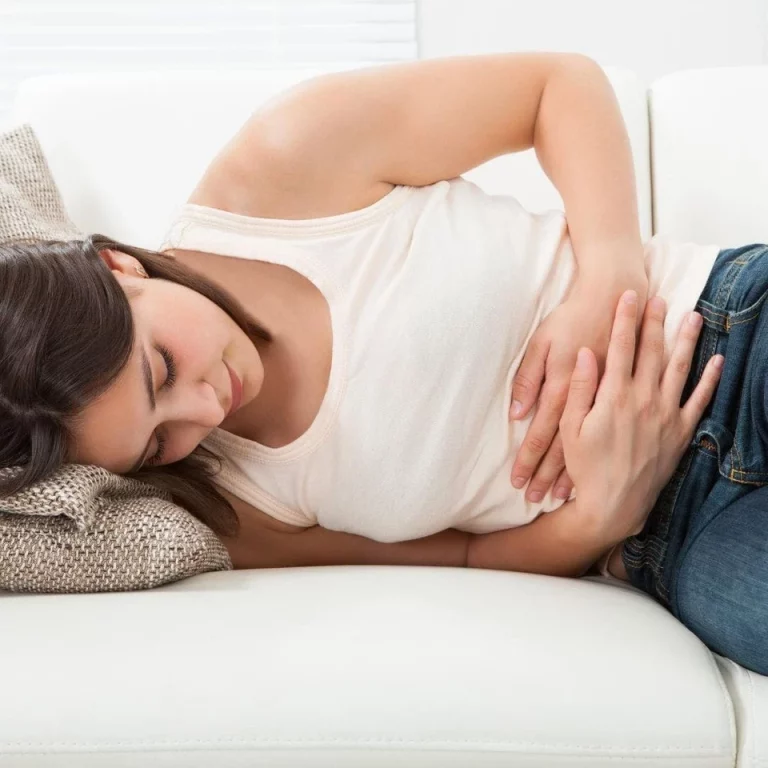The Unplanned Part of Your Trip: Honeymoon Cystitis
Sometimes called “Honeymoon Disease” is cystitis (bladder infection) that occurs as a result of sexual activity. Cystitis can be triggered by other actions in addition to sexual relations and all the symptoms are about the same. It is basically a urinary tract infection (UTI).
Usually there is a burning sensation during urination and feeling the need to use the bathroom excessively. The intensity can vary from one flare up to another.
Symptoms of Honeymoon Cystitis
- Pain during intercourse
- Bladder pressure
- Frequent urges to urinate
- Burning or pain during urination or in the urethra
- Fever
- Cloudy or bloody urine
More Severe Symptoms
Call the doctor or visit a clinic if symptoms worsen or prolong, or include:
- Fever and chills
- Nausea
- Vomiting
- Pain in the back or side
If you have had a UTI in the past and you now see the symptoms resume, contact your doctor, especially if the urge to urinate lasts for several hours and is painful. If you notice blood in the urine, don’t hesitate to contact a medical professional.
Also, if you completed a course of antibiotics and still have the symptoms or they return quickly, you may need a different type of prescription.
Related: Is My Vagina Normal? Plus A Female Anatomy Chart
Cystitis can also be chronic and is usually called Interstitial Cystitis. This is a bladder condition and is mostly painful pressure or burning in the pelvic area accompanied by a frequent need to use the bathroom. This mimics a UTI but is more serious. It is often difficult to diagnose and treat.
Chronic cystitis is an inflammation of the bladder that can last for quite some time. It begins as a normal UTI when bacterial start in the urethra, grow and then spread to the bladder. If this infection moves into the kidneys, there is a serious problem that can eventually lead to sepsis, which can be deadly.
Triggers of Honeymoon Cystitis
There is still much to be learned about chronic cystitis including its exact cause. However, we do know some of the triggers like:
- Sexual intercourse
- Stress
- Dehydration
- Not urinating for extended periods of time
It has also been noted that the cystitis is associated with the menstrual cycle as well as wearing form fitting, tight pants.
If you develop chronic cystitis, your doctor will probably recommend some options to improve your daily activities and to better manage the condition. These include lifestyle changes, medication and sometimes physical therapy.
Lifestyle includes modification of your diet, staying hydrated, increasing physical activities, and reducing stress, when able. Some physicians will also suggest bladder training techniques. Some of these options include being sure your bladder is full before using the restroom and keeping a record of the incidents.
If you suspect that the UTIs are a symptom of chronic cystitis, discuss options with your doctor, starting with a urinalysis to see if there is an infection. If there is, antibiotics are the first line of defense. If conditions persist, it may be necessary to perform a cystoscopy. This is a minimally invasive procedure where the doctor inserts a very thin tube with a camera through the urethra and into the bladder to get a better idea of the condition of the organs.
We discuss products we think are useful to people. If you buy something through our links, we may earn a commission. Remember to check with your personal physician to see if a product recommended is right for you.



